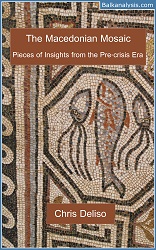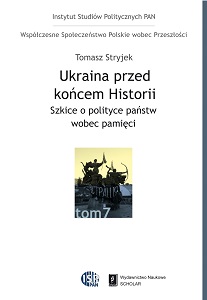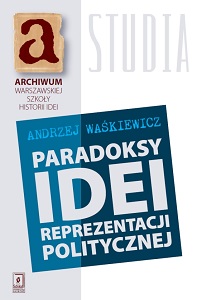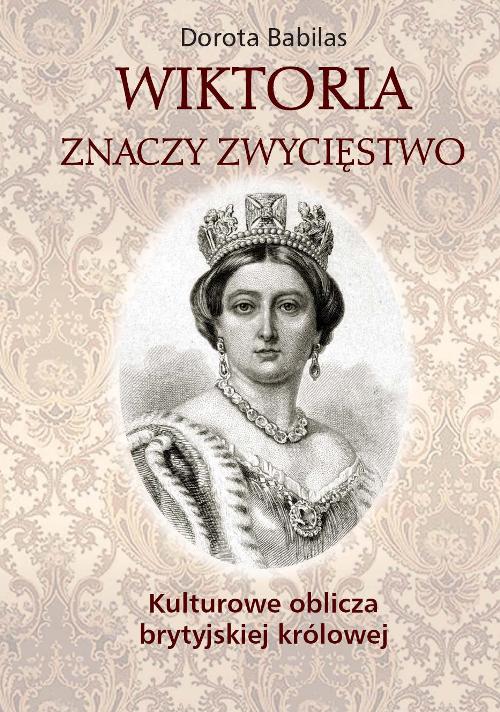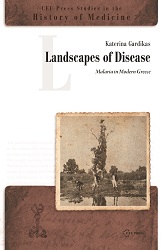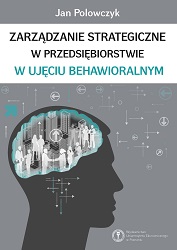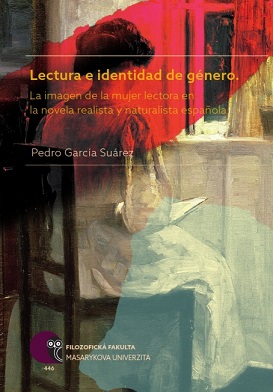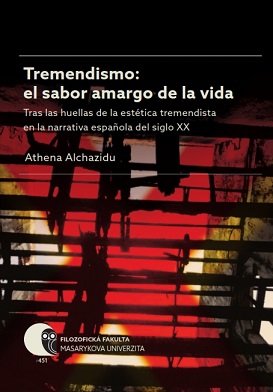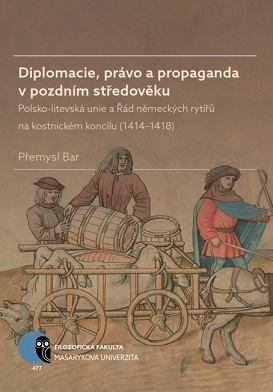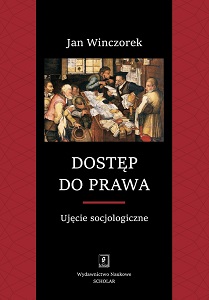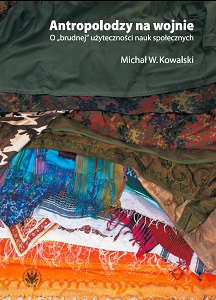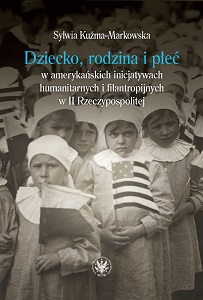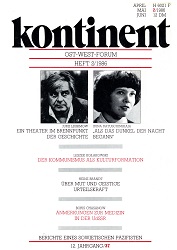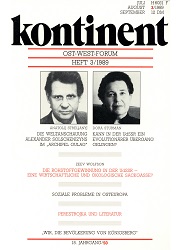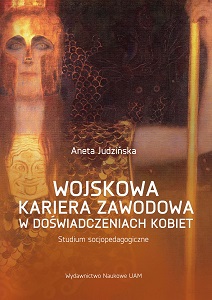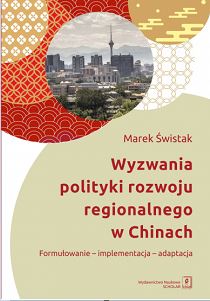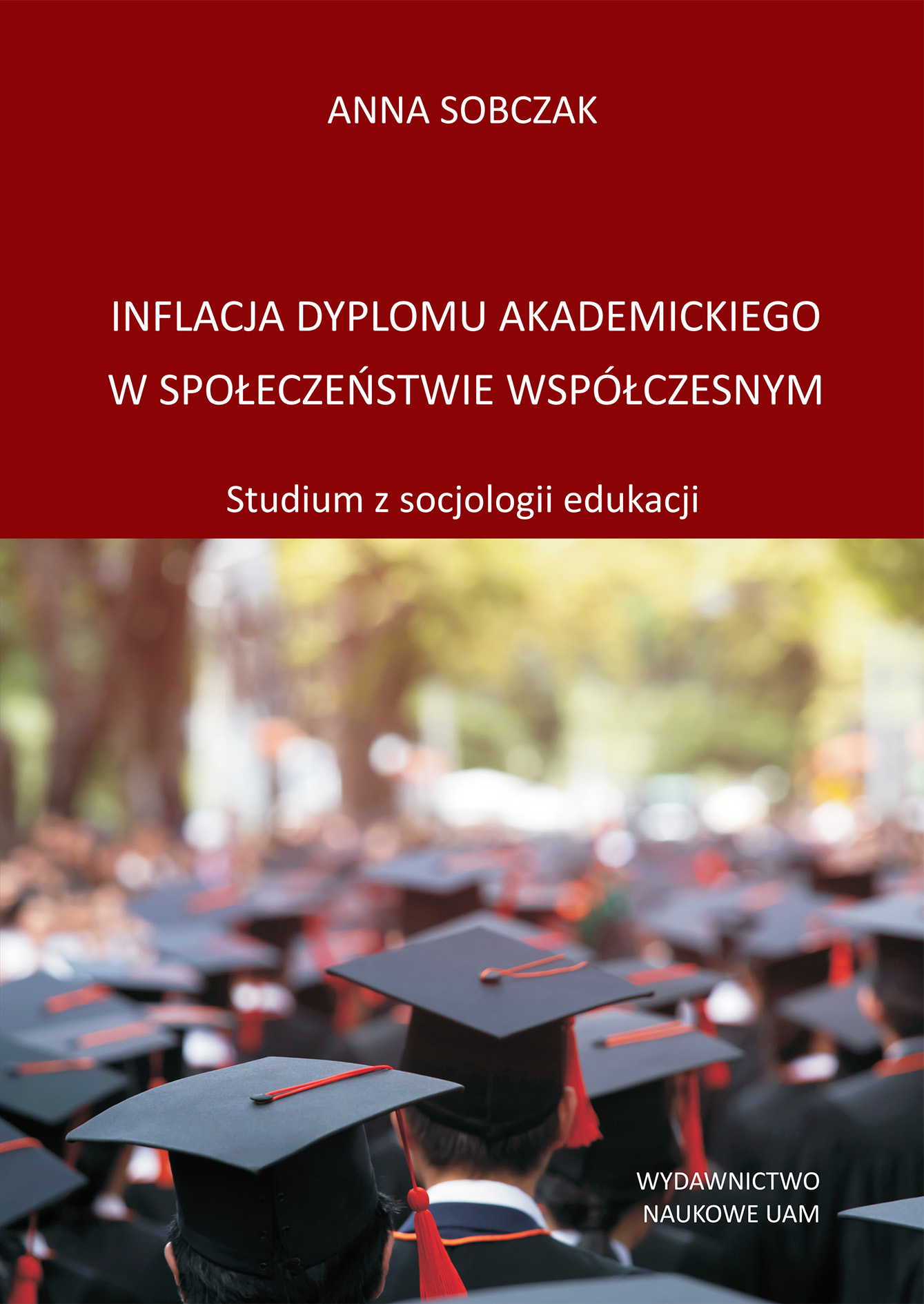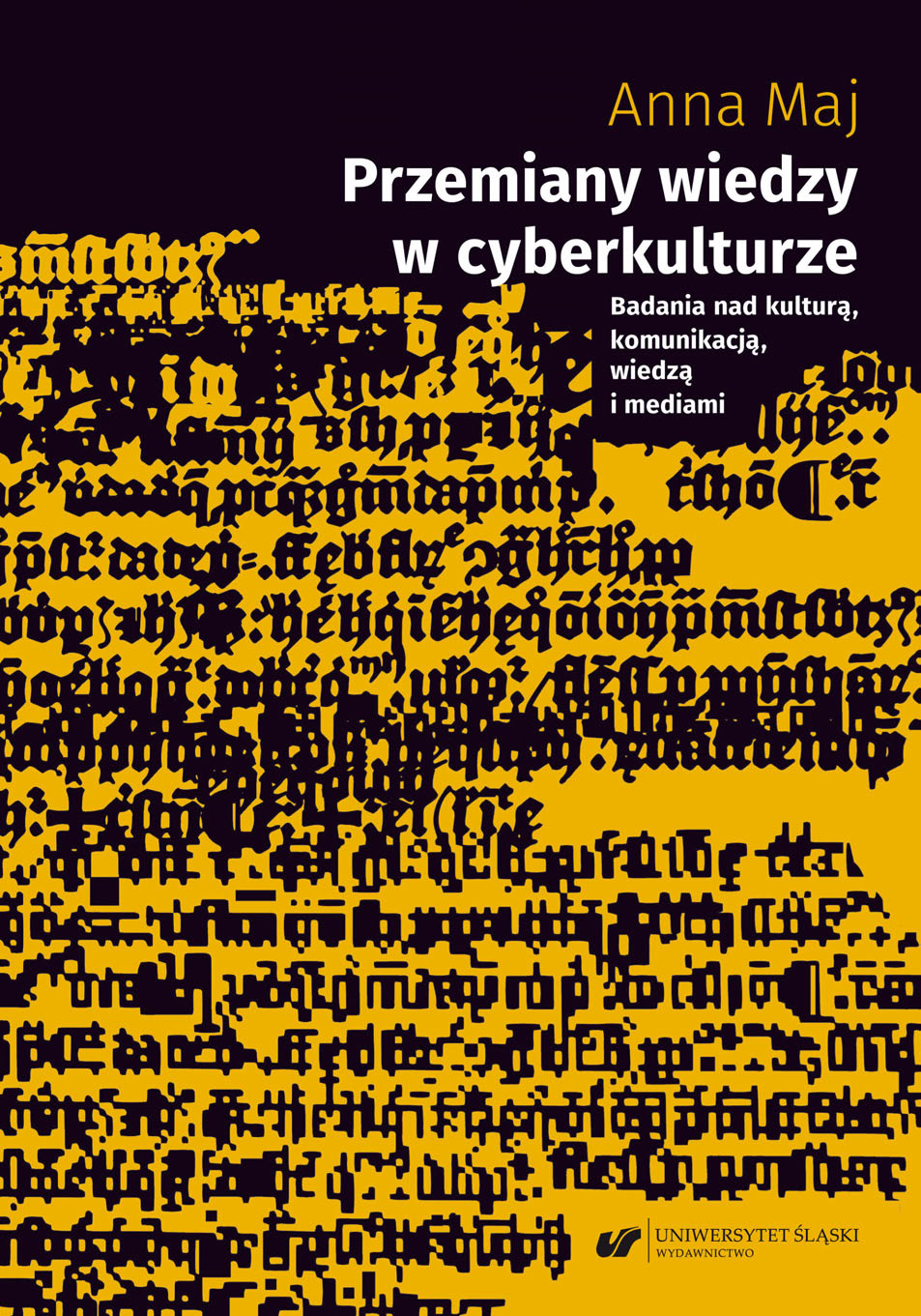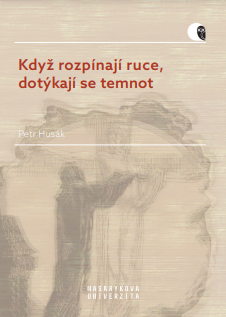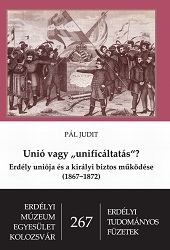
Union or Annexation?
Unió vagy "unificáltatás"?
Keywords: union of Transylvania with Hungary in1867;
The present book discusses the union of Transylvania with Hungary from 1867, the events that led to it, and the integration process that followed after its enactment through the activity of the Royal Commissioner and largely based on hitherto unpublished archival sources. The book attempts to provide a complex image of the above-mentioned topic through the combination of various perspectives and methods (from political history to social history and political anthropology). At the end of the seventeenth century, after the removal of the Turkish domination, Transylvania was also incorporated into the Habsburg Empire, without reestablishing the unity of the medieval Hungarian Kingdom, but by preserving the province’s status as a distinct principality which it received in the wake of the Battle of Mohács (1526). In the eighteenth century, the issue of Transylvania’s reincorporation into Hungary was occasionally discussed during several Hungarian Diets. However, this idea really became part of a political program only during the so-called Reform Period (1830-1848), in parallel with the spread of nationalism. Miklós Wesselényi was the first who placed the question of the union at the core of his political activity, perceiving it as the main prerequisite for securing the future of the Hungarian nation as well as the democratization and progress of Transylvania.Wesselényi and the generation of Hungarian liberals from the Reform Period conceived the union as closely connected to emancipation and the expansion of democratic rights; at the time, nationalism and liberalism were still going hand in hand. By the 1840s, the idea had already became not only rooted into the public mind, but also a general demand. Consequently, in March 1848 it was included among the demands of the Hungarian revolutionary program.Thus, by the mid-nineteenth-century, the question of the union had become central to the Hungarian political establishment. However, in Transylvania it divided politicians and the emerging public opinion alike. Most provincial Romanian and Saxon politicians perceived the preservation of the province’s autonomy as the main prerequisite for the survival and development of their respective national communities. The opposing views clashed during the Diet of 1848, and due to the Hungarian majority the union was ultimately enacted. However, this state of affairs was short-lived; in Transylvania, the modern nations/nationalities born on the ruins of the former political “nations of Estates” (“feudal nations”) clashed in a bloody civil war, which caused many lasting traumas. 1848 was a turning point, but the unfolding of the events from the following two decades played a key-role as well. In 1849, after the defeat of the Hungarian Revolution, the Austrian administration restored the pre-revolutionary status quo, making the situation even worse by abolishing local autonomies. Thus, the question of the union was removed from the agenda. Instead, the Viennese authorities started to promote the principle of equal rights among the nationalities, but it was soon marginalized by the endeavor to create a homogenous Empire. The question of the equal rights later became part of the political game during the compromise negotiations between Vienna and the Hungarian political elite. To the Transylvanian Romanians – albeit they were frustrated in their hopes – the period of neo-absolutism brought certain positive changes. The Romanians’ process of national emancipation could no longer be reversed.After the issue of the October Diploma (1860), a bitter struggle ensued among the Transylvanian Hungarians, Romanians, and Saxons for the division of the political power and language rights. During the so-called Provisorium [Provisional administration] (1862-1867) the Hungarians lost ground, and it was then (1863-1864) that the provincial Diet – which held great significance to the Romanians, but which the Hungarians decided to boycott – convened in Sibiu. On request from the Romanians, who were striving for more than the individual rights guaranteed by the 1848 laws, the Diet adopted a law which granted equal rights to the Romanian nation and language. However, the initiation of the compromise negotiations once again changed the balance of power, this time in favor of the Hungarians – but the change again came from outside.The union of Transylvania with Hungary was concomitantly the precondition for the Austro-Hungarian Compromise (1867) and its direct consequence. In the meantime, in the almost two decades that elapsed since the end of the Revolution, the situation had changed significantly, and in Transylvania, standpoints became more divergent instead of converging. Transylvanian Hungarians viewed the question of the union as vital to them. Conversely, the elites of the other nationalities viewed other aspects, such as “national awakening”, the development of an as wide as possible basis, the securing of autonomy, and the acquiring of as favorable as possible positions, as vital to them. Furthermore, both the Romanians and Saxons wanted collective rights instead of the existing individual ones, which ran counter to the conception of the Hungarian political elite, which was rooted in liberal nationalism. The union was finally enacted by the provincial Diet in Cluj in December 1865 despite strong opposition from most Romanians and Saxons, which left an indelible mark not only on the ensuing government measures, but also on the entire political life.Once with Compromise from 1867, Transylvania’s more than three century long separate status and development came to an end. However, this was only the first step, because the complex integration process still lay ahead. In April 1867, Emánuel Péchy, the Lord Lieutenant of Abaúj County, was appointed Royal Commissar with the task of supervising the province’s integration process. The initial idea was that it had to be carried out tactfully, by taking into account the various sensitivities, especially the national ones, as well as local particularities. However, this initial approach steadily changed, and the handling of the issue became an extension of inter-party struggles and potential arrangements. The separate paths to development that Transylvania took for three centuries as well as the complex nationality question did not make its integration any easier.Concerning the integration of Transylvania, the situation prevailing in 1867 was much more unfavorable in many than that in 1848. If in 1848 there was still hope that the abolition of serfdom and liberal rights will lay the foundation for consensus, in 1867 all this turned into an illusion. Furthermore, it was not a “readymade” and structurally-developed state that tried to integrate a territory with a state tradition, but a semi-sovereign and freshly-autonomous state that tried to integrate a province that had gone through several experiments and was marred by national tension. As for the integration, there was no plan for its implementation, and without a preliminary conception, the ideas were developed and re-developed “along the way” without making a thorough assessment of the consequences. The bargaining among the various interests was not at all easy. The government was in a difficult situation, because all of a sudden it was faced with numerous expectations and tasks. The Hungarian landowners in Transylvania were its main allies and potential voters; therefore, it had to take their interests into account. Furthermore, the staunch rejection from the Romanians and the opposition of the Saxons only increased the government’s tendency to support Hungarian interests, and the conviction that since it could not win the other nationalities over, the government should at least satisfy Transylvanian Hungarians steadily gained ground. Consequently, the government increasingly moved into the direction of homogenization.However, part of the Hungarians in Transylvania were also frustrated in their expectations.This was the typical disappointment due to excessive expectations, but their “pouting” had other reasons as well. They felt that the government “disregarded Transylvania’s most important and specific matters,” that they had too little saying in the decision-making and too few representatives in the government, and that their interests were mostly ignored.State- and nation-building occurred simultaneously in Hungary. Hungarian politicians completely rejected the possibility of federalization or regional autonomy, which was one of the main demands of the nationalities in the period of the dual monarchy, albeit at the time Transylvania already had a sort of model for power-sharing among the nationalities in place, which for better or worse worked in practice. The inclusion of the medieval-origin autonomies within the confines of modern bourgeois states was not at all a simple and smooth process. The centralizing endeavors of the modern state clashed with the privileges of the estates as well as the local autonomies. The most Hungarian liberal politicians who came to power envisaged a centralized national state, which was not possible to reconcile with the system of autonomies prevailing in Transylvania. They perceived every particularism as a remnant of “feudalism,” and argued that the liberal state built on rights equality among the citizens was incompatible with the concept of “a state within a state,” as they dubbed the Saxon autonomy. That is why they considered legitimate to abolish the “national” autonomies which appeared as separate political entities to them. The partial reorganization of the administrative system had already begun during the transition years, albeit its complete reorganization would be achieved only later, during the administrative reform of 1876. Certain particularities, such as specific elements of the use of three languages in the administration, remained in place until the abolition of the Royal Commissioner system in 1872 or partially even after that. The steady removal of the autonomy increased the nationalist feelings of the increasingly marginalized nationalities, and with this the ethnic tensions. As for the legal system, the standardization process took even longer, given that Transylvania had a quite complicated and eclectic system. The Austrian laws introduced during the period of neo-absolutism remained in force for a long time here. On the one hand, the government did not want to extend over Transylvania pieces of legislation that it was anyway intent on modernizing – only that in the beginning nobody thought that the adoption of new legislation could take years if not decades, and that the transition period would take much longer than expected; on the other hand, for instance in the case of the franchise, the government abandoned the idea of standardization, which would have implied the democratic expansion of the franchise, precisely because of the national question. Therefore, the integration process was not completed yet in 1872, and it continued after the abolition of the Royal Commissioner system; furthermore, from the perspective of governance, it proved much more complex than it was thought in the beginning. Despite the fact that in the realm of economic and social modernization the following period undoubtedly brought improvements, albeit not unbroken progress, the attempt to reach an “internal consensus” with the nationalities proved a failure.
More...
